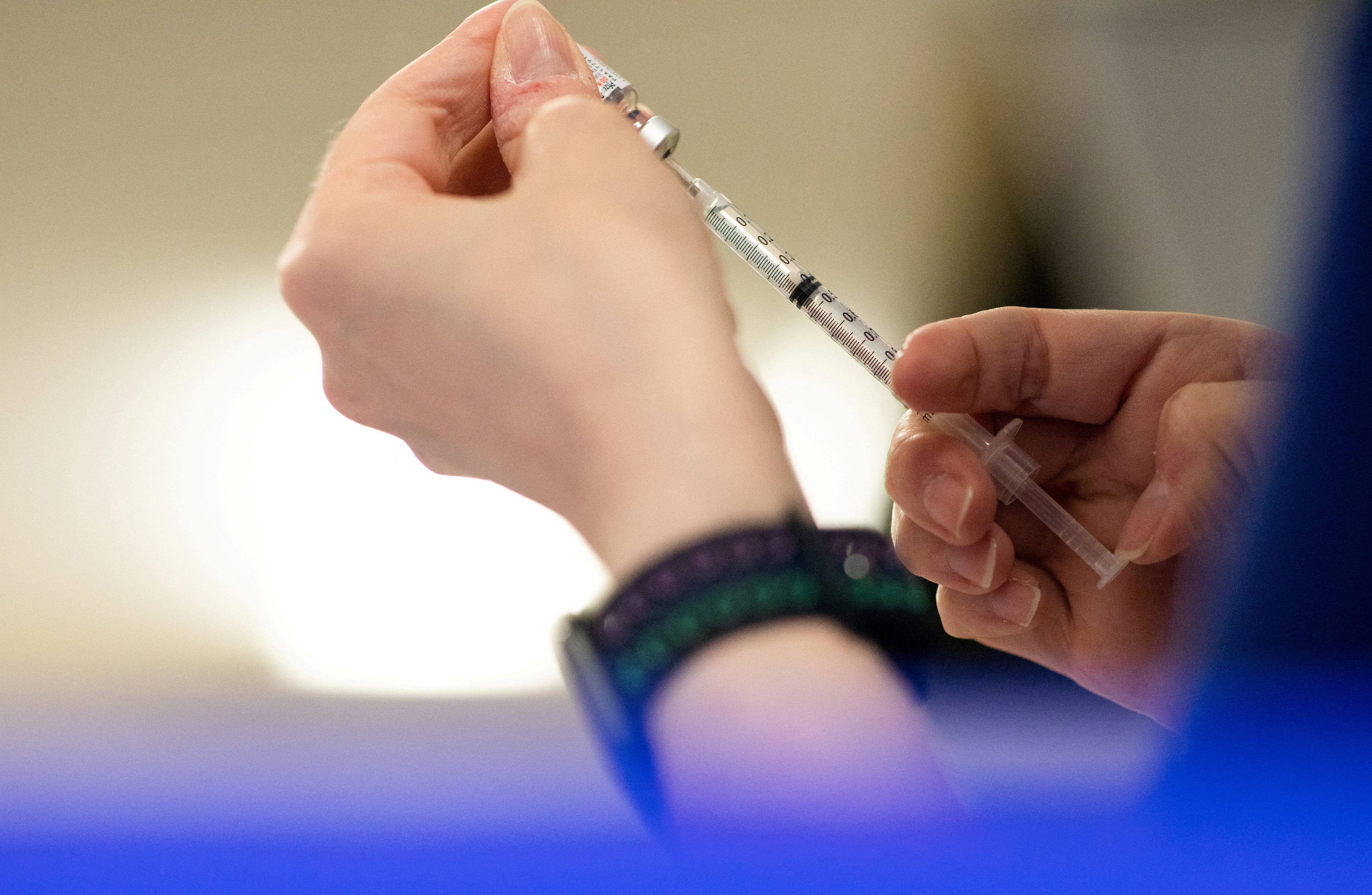Vaccination gaps in EU populations must be closed as a “matter of top priority”, the EU’s Cypriot Commissioner for Health Stella Kyriakides said on Friday, with Brussels recommending that member states boost jab campaigns “based on epidemiological developments, behavioural insights, and public perception”.
In a lengthy statement from Brussels, the Commission said it was proposing concrete measures to avoid a surge of Covid-19 cases in the upcoming autumn and winter season.
The Commission urged member states to put the necessary strategies and structures in place, including for vaccination and surveillance, “to respond to future outbreaks in a fast and sustained manner”.
“The main aim of the actions proposed by the Commission is to increase the uptake of vaccines, including adapted and new vaccines, and to ensure that all citizens are well protected,” the statement said.
It quoted Kyriakides, saying: “It is crucial that all member states have robust vaccination strategies in place to prepare for the autumn and winter, including for the roll-out of the newly authorised adapted booster vaccines. The vaccination gaps must be closed as a matter of top priority”.
Kyriakides added that it was also essential that resilient surveillance systems are set up to monitor the development of the virus, that strategies for the reintroduction of effective public health measures are in place if needed and that the capacity of health care systems is strengthened. “To say it clearly, we need to be ready to face another challenging season,” she said.
In particular, the Commission encourages the Member States to improve the vaccine uptake of the primary vaccination course and first booster dose among eligible individuals. They should also prioritise the administration of an additional booster dose for specific population groups, notably people aged 60 years and over and other eligible individuals of any age at risk of severe disease.
Member states should also combine Covid-19 and influenza vaccination campaigns and accompany vaccination “with regularly updated and clear communication, based on epidemiological developments, behavioural insights, and public perception”.
On September 1, based on the recommendation of the European Medicines Agency, the Commission authorised the adapted omicron vaccines from BioNTech Pfizer and Moderna in the EU.
In addition to urging more vaccination, the Commission said the surveillance of respiratory viruses such as influenza, Covid-19 and others “is essential to better understand how the virus is spreading and evolving”.
Depending on the epidemiological situations, non-pharmaceutical interventions, for example face masks or limiting the size of gatherings, to limit the spread of the virus “remain a crucial part of the toolbox of member states”, it said.
“It is important that all member states are prepared to reintroduce public health measures based on clear thresholds,” the statement said.
The Communication also highlights the importance of strong healthcare systems, saying that preparedness for infectious disease outbreaks and other types of shocks must be improved.
The Covid-19 summer wave, driven by Omicron BA.4 and BA.5, showed that the pandemic is not yet over as the virus continues to circulate in Europe and beyond, the Commission said.
“All member states have lifted most restrictions and their populations are experiencing pandemic fatigue, which could lead to changes in behaviour,” it added.
“This makes it easier for the virus to circulate rapidly in the EU, opening the door to the emergence of new variants that could evade immunity, spread more easily, or cause more severe disease. It is therefore possible that the costly gains made in response to the pandemic could be lost if the virus is not controlled and further infections are not prevented”.
According to the health ministry, until the end of August 669,347 first doses of the vaccine were administered, 645,552 of the second dose and 477,998 for the third. There was no statistic for the fourth.







Click here to change your cookie preferences